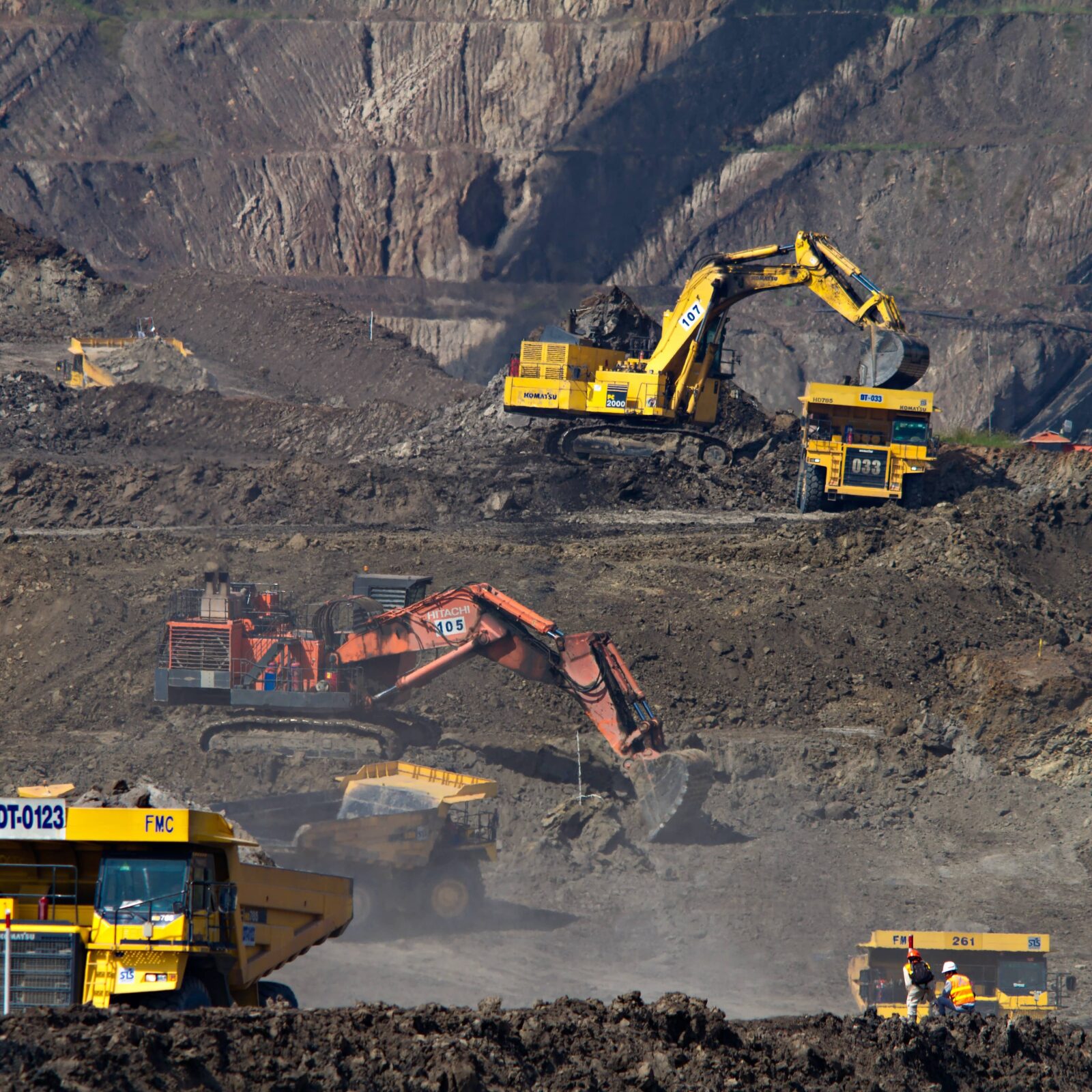About the policy dialogue
The Centre for Democracy and Human Rights is hosting this APD that will run for 24 months in Mozambique. The aim of this APD is to establish ways of maximizing gains from natural gas revenues and appropriate revenue-sharing mechanisms that benefits producing regions. Focusing on the extractor sector is important because Mozambique has huge reserves of natural gas and other resources of high commercial. The sector also accounts for more than 10% of the country’s GDP and has attracted high inflows of investments in the past few years. Although the country was one of the fastest growing economies in sub-Saharan Africa from 2000-2015, the growth did not lead to any significant job creation, poverty reduction and human capital accumulation. Moreover, concerns have been raised about how to maximize revenues from gas and other natural resources, transparency of institutions involved, mechanisms for revenue sharing and integrating producing regions into the national development agenda. This APD therefore seeks to strengthen the capacity of state and non-state actors in the extractives to implement policy reforms for a transparent and accountable management and sharing of extractive sector revenues. The objective is to shift the focus from gas monetisation to revenue management by establishing an effective, accountable and transparent sovereign wealth fund. The key outputs are as follows.
- Increased awareness among policymakers on the importance of transparency and accountability in the management of revenues from the extractive sector;
- Increased awareness on the mechanisms available for communities to seek redress in cases of mismanagement of extractive-related revenues at provincial and local level;
- Strengthened multistakeholder co-operation and knowledge-sharing about sovereign wealth fund transparency and accountability;
- Empowered civil society, especially local civil society organisations and community-based organisations from producing regions, well represented on the sovereign wealth fund governance structure;
- Strengthened civil society engage on and advocate for fairer and equitable revenue-sharing with producing regions; and
- Improved subnational governance mechanisms for more inclusive, equitable, accountable revenue-sharing regime that address the needs of the affected communities.
